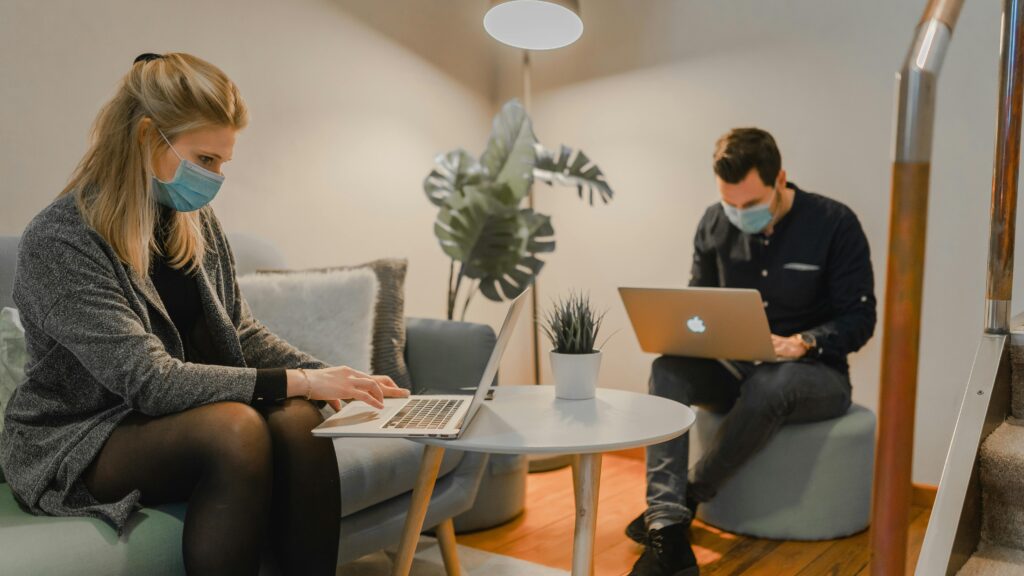
The rise of remote work has turned millions of people into modern-day nomads. From beachside Airbnbs in Mexico to coworking spaces in Bali, people are working from anywhere — and loving it. But there’s one detail that many forget to consider until it’s too late: insurance.
Insurance might sound like the least exciting part of your digital nomad life, but skipping it can lead to financial disasters that derail your adventure (and your bank account). Whether you’re traveling abroad or simply bouncing around stateside, here’s what most remote workers overlook — and why you shouldn’t.
Health Insurance Gaps
One of the biggest mistakes remote workers make is assuming their existing health insurance travels with them.
If you’re on a U.S.-based employer plan, it might not cover you internationally — or even out of state in some cases. Many plans have networks limited to certain regions, meaning you could end up paying out-of-network rates (which are often astronomical) or footing the entire bill yourself.
What to do:
- Check your plan’s network and out-of-area policies before you book that plane ticket.
- Consider travel medical insurance or a global health plan designed for long-term stays abroad.
- If you’re freelancing, explore options through the ACA marketplace or organizations that offer health plans for self-employed workers.
Income Protection (Disability Insurance)
Few nomads think about what happens if they can’t work because of illness or injury. As a traditional employee, you might have access to short- or long-term disability coverage. As a remote contractor or freelancer, you probably don’t.
An unexpected injury or chronic illness could suddenly cut off your income stream — leaving you stranded without resources to cover basic expenses.
What to do:
- Consider a private disability insurance policy that covers self-employed individuals.
- Look for “own occupation” policies, which pay out if you can’t perform the specific type of work you do now (not just any job).
Property and Equipment Insurance
Your laptop is your lifeline. So are your cameras, tablets, and other expensive gear. Yet many people travel the world with no insurance on these items beyond what’s offered on a basic renters or homeowners policy — which often doesn’t cover losses outside your primary residence or abroad.
What to do:
- Get a dedicated electronics or equipment insurance policy, especially if your devices are high-value and essential for work.
- Some travel insurance plans include gear coverage, but check claim limits carefully (they’re often lower than you think).
Liability Coverage
Accidents happen. You spill coffee on someone’s laptop at a coworking space or your drone crashes into a balcony window. Without liability coverage, you’re on the hook for the costs — which can quickly add up.
What to do:
- Some personal umbrella policies provide extra liability protection, even overseas.
- If you operate as a business or freelancer, consider professional liability insurance as well.
Travel Insurance vs. Health Insurance
A common point of confusion: travel insurance is not the same as health insurance. Travel insurance generally covers trip cancellations, lost luggage, and emergency evacuations, but often excludes routine medical care.
A serious illness or ongoing treatment abroad? That’s usually a separate policy.
What to do:
- Pair travel insurance with a global health plan or expat health insurance.
- Read policy details carefully to avoid gaps.
Final Thoughts: Plan Before You Go
Remote work has opened up endless possibilities for exploring the world without sacrificing your career. But the freedom can blind you to the practical (and boring) details that keep you safe.
Before you board that plane, take time to audit your insurance needs. Check your existing coverage, shop around for new policies, and make sure you can handle unexpected events without draining your savings or relying on GoFundMe.
The best adventures are the ones you can fully enjoy — not the ones where you’re frantically Googling “emergency surgery costs abroad” or “how to replace a stolen laptop in Lisbon.”
Protect your health, your gear, and your income, so you can focus on what really matters: soaking up new experiences, growing your business, and living life on your own terms.
Unlock Full Article
Watch a quick video to get instant access.










